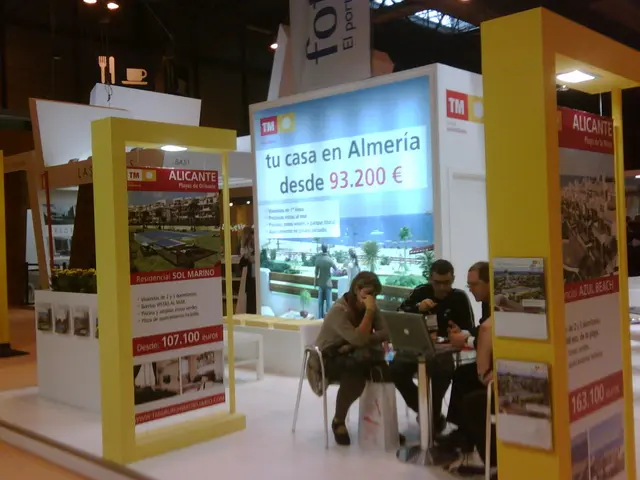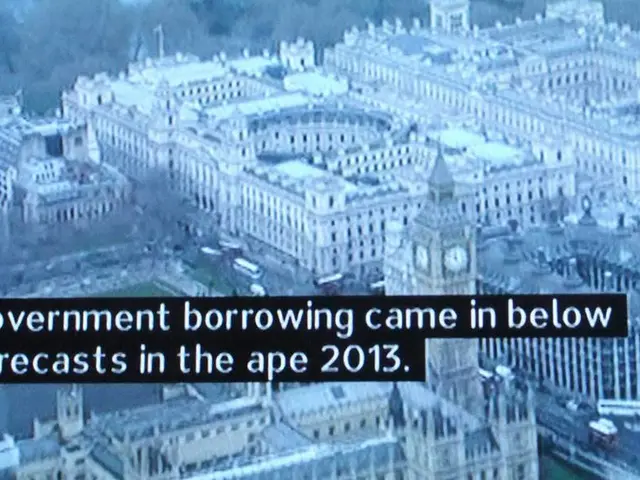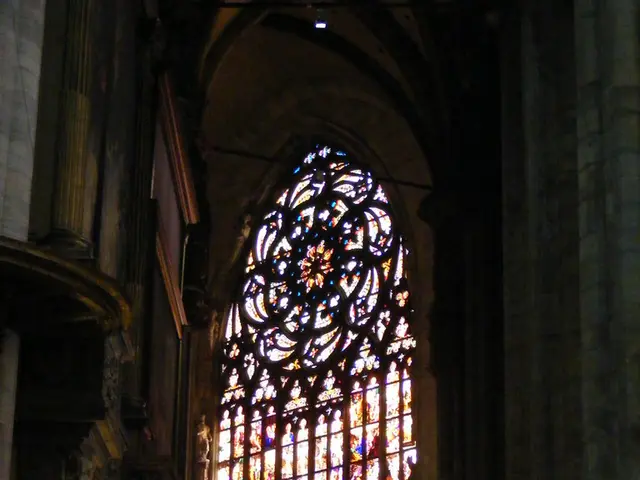DIHK sees long and difficult path out of economic crisis - German businesses struggle as high costs and weak outlook darken economic recovery
German businesses face a challenging landscape, with high labor and electricity costs, and a bleak economic outlook. The DIHK, Germany's leading business association, has warned of a long and arduous path out of the economic crisis. The biggest risk cited by companies is high labor costs, with 56% of businesses expressing concern. Meanwhile, electricity costs in Germany are significantly higher than in other major economies. They are three to four times higher than in the U.S. and twice as high as in France. The DIHK has called for a reduction in the electricity tax for all consumers, not just industry, to ease the burden. The economic climate is grim, with only one in five businesses planning to increase investment and one in three intending to cut back. Just 15% of businesses expect economic conditions to improve in the next 12 months. The DIHK projects a mere 0.7% economic growth for 2026, significantly lower than the government's forecast of 1.3%. One in four businesses anticipates a further economic downturn. Weak export prospects and businesses' reluctance to invest contribute to this pessimistic outlook. The DIHK's warnings highlight the urgent need for policy action to tackle high costs and boost investment. With the current Chancellor Friedrich Merz at the helm, the government must address these challenges to steer the economy towards recovery.
Read also:
- Federal Funding Supports Increase in Family Medicine Residency Program, Focusing on Rural Health Developments
- Potential Role of DHA in Shielding the Brain from Saturated Fats?
- Alternative Gentle Retinoid: Exploring Bakuchiol Salicylate for Sensitive Skin
- Hanoi initiates a trial program for rabies control, along with efforts to facilitate the transition from the dog and cat meat trade industry.








